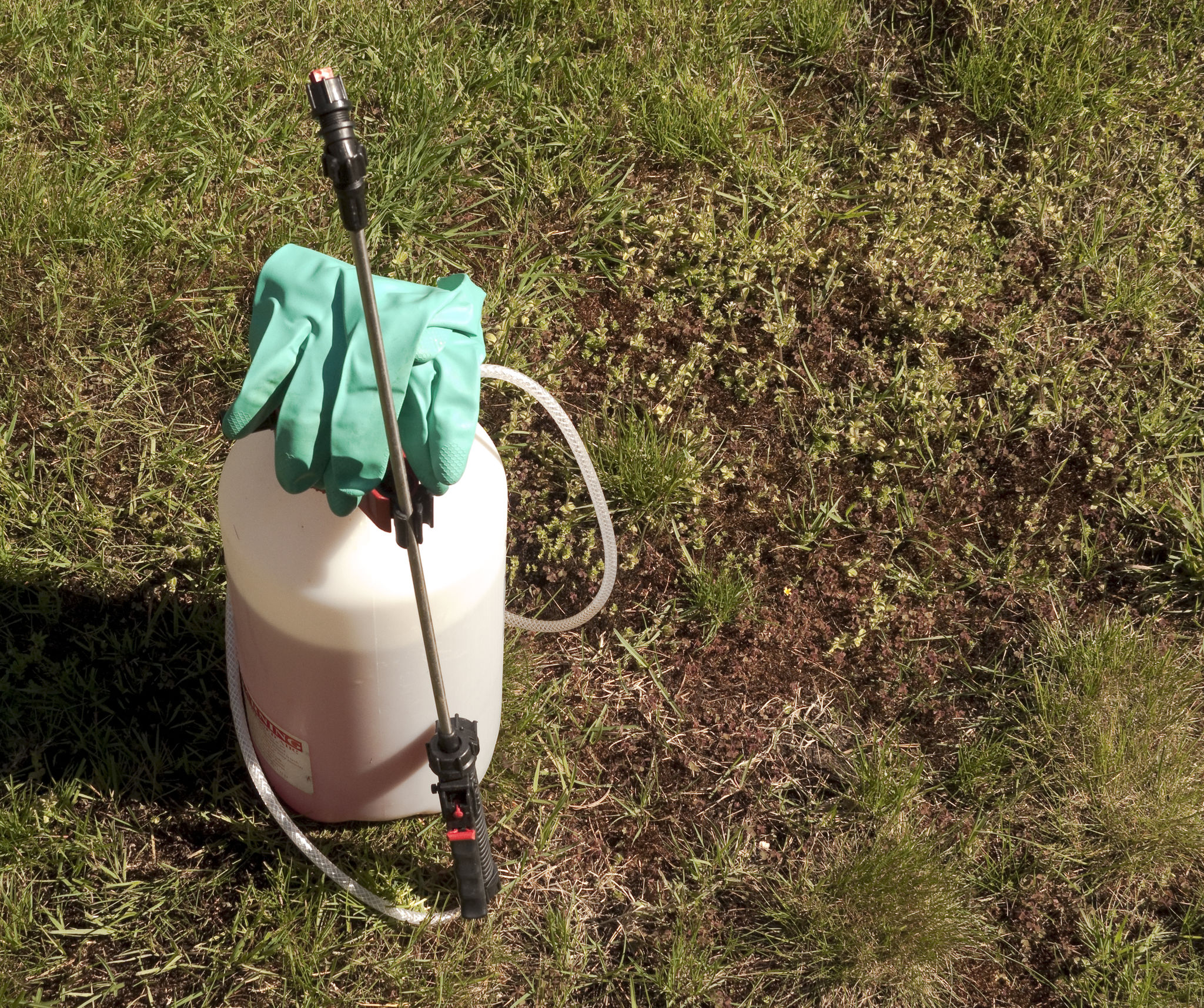Seasonal Preparation: Effective Weed Management Strategies for Limpopo Farmers
Introduction to Weed Management
As the agricultural season approaches in Limpopo, farmers are gearing up for another productive year. A crucial aspect of ensuring successful crop yields is effective weed management. Weeds not only compete with crops for nutrients, light, and water but also harbor pests and diseases. Hence, adopting robust weed control strategies is essential for optimizing farm productivity.

Understanding Common Weeds in Limpopo
Limpopo's climate and soil types make it susceptible to various weed species. Some common weeds include Nutgrass, Blackjacks, and Devil's Thorn. Identifying these weeds at an early stage is critical. Each type requires specific strategies tailored to its growth pattern and resilience.
Farmers are encouraged to regularly monitor their fields to detect any early signs of weed growth. This proactive approach aids in managing weeds before they become a significant problem. Utilizing tools such as weed identification guides or mobile apps can be highly beneficial.
Pre-Season Weed Control Strategies
Before sowing, implementing pre-season weed control measures can significantly reduce weed pressure. Here are some strategies to consider:
- Soil Solarization: Cover moist soil with clear plastic to trap solar energy, which heats the soil and kills weed seeds.
- Cover Crops: Plant cover crops in the off-season to suppress weed growth by outcompeting them for resources.
- Tillage: Mechanical tillage helps uproot weeds and expose them to the sun, effectively reducing their numbers.

In-Season Weed Management Techniques
Once crops are planted, maintaining a weed-free environment is vital. Here are some in-season management techniques:
- Mulching: Apply organic or plastic mulch around plants to block sunlight and prevent weed growth.
- Herbicides: Use selective herbicides that target specific weeds without harming crops. Always follow the recommended guidelines and application rates.
- Hand Weeding: Regular manual removal of weeds can be effective in smaller fields or gardens.
Combining these methods can lead to more effective control and prevent weeds from developing resistance to any single strategy.
Post-Harvest Weed Management
After harvest, it's crucial to continue managing weeds to prepare the soil for the next planting season. Post-harvest strategies include:
- Field Sanitation: Remove crop residues that might harbor weed seeds or pests.
- Rotational Grazing: Allow livestock to graze on fields post-harvest to consume weeds and reduce seed banks.

Integrated Weed Management (IWM)
An integrated approach combines multiple strategies for more sustainable and long-term weed management. IWM involves planning and implementing a diverse set of practices tailored to specific conditions and crop types. This holistic method is less reliant on chemical controls and promotes environmental health.
Farmers should consider factors like soil type, climate, crop rotation schedules, and available resources when designing their IWM plan. Engaging with agricultural extension services can provide valuable insights and support.
The Importance of Record Keeping
Maintaining detailed records of weed management activities helps in evaluating effectiveness over time and adjusting strategies as needed. Records should include information on weed species present, control measures applied, and their outcomes. This data is invaluable for future planning and decision-making.
Embracing technology, such as farm management software, can simplify this process and provide comprehensive insights into farm operations.
Conclusion
Effective weed management is a cornerstone of successful farming in Limpopo. By understanding common weeds, implementing pre-season and in-season strategies, and adopting an integrated management approach, farmers can enhance their crop yields and maintain sustainable agricultural practices. With careful planning and execution, Limpopo farmers can look forward to a bountiful harvest season.